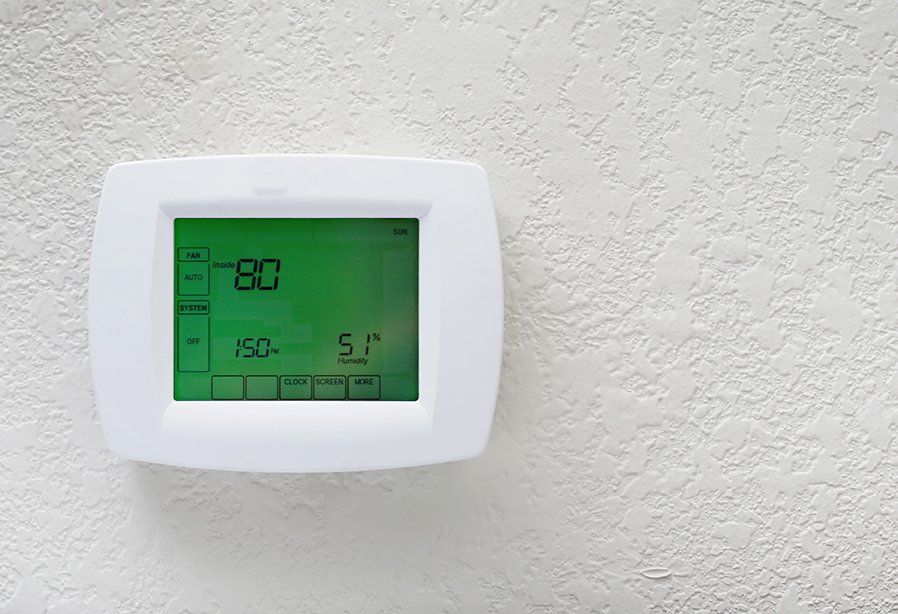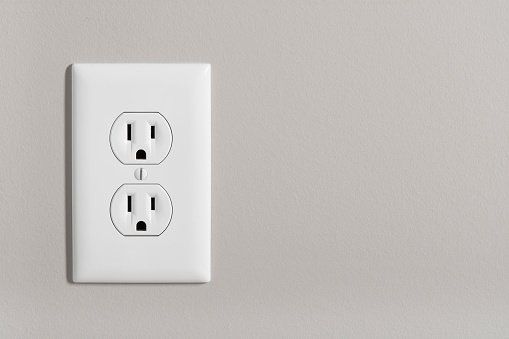Dangers of Electrical Outages: The Need for Power Backup
- By Admin
- •
- 22 Mar, 2019
- •

A power blackout is not just an inconvenience; it can lead to dangerous consequences. You will appreciate the need for a power backup solution once you understand the effects of power blackouts.
Dangers of Power Blackouts
Here are some of the effects your household may suffer during a blackout.
Extreme Temperatures
Most HVAC (heating, ventilation and air conditioning) systems need electricity to operate. Thus, your house's temperature may go into extremes during a blackout. Even gas-powered HVAC systems, for example, need electricity for their heat-production side of operations.
Extreme temperatures are dangerous for everyone, but the elderly, invalids, and children are particularly vulnerable. An indirect danger of low temperatures is that you may try to heat the house via alternative ways, such as the use of wood fire. Alternative heating may trigger carbon monoxide poisoning.
Lastly, your water pipes may also freeze and burst if your house's temperatures plunge too much. Damaged pipes will lead to water leaks and associated damages when the pipes thaw.
Accident Risks
The risks of house accidents increase if power blackouts occur at night. For example, you may cause an accidental fire if you use candles or wood fire as alternative sources of light. You may also slip and fall in the dark if you don't have enough light with which to see.
Power Surge
A power surge is a temporary spike in electricity. Power surges tend to occur when electricity supply resumes after a blackout. A power surge is dangerous because most electrical appliances have a limit as to how much electricity they can handle. Many electrical appliances and devices, such as electronics, will suffer damage if the power supply exceeds the device's power limits.
Food Poisoning
Many refrigerators can keep food cold and safe for some time after a power blackout. The more a power blackout extends, however, the higher the risk that the food may spoil. You can easily get sick from food poisoning if you accidentally consume spoiled food.
Criminal Attacks
Lastly, the risks of criminal attacks, such as theft and robberies, increase during blackouts. For one, criminals can easily hide in the dark. Secondly, your security installations, such as alarm systems and sensors, may also be down during a blackout with no backup.
Power Backups
If you consider the above dangers of a blackout, you will realize that a power backup solution is a real gem. Below are the three major power backup solutions available in the market.
Generator
Generators use fuel to generate electricity that you can use in case of a blackout. They are available in different sizes. You can have a generator installed so that it automatically comes on during a blackout, or you can just install a manual generator that you turn on manually. Note that a generator will only work if you have fuel, so you need to keep some handy.
Solar Panels
Solar panels turn energy from the sun into electricity. The initial installation cost for solar panels is relatively high, but you don't have to incur any other expenses (other than routine maintenance costs) after installation. Also, you need battery backups to store the electricity from the solar panels so that you can power your house even during nighttime blackouts.
Batteries
Lastly, you don't need solar panels to install backup batteries. You can also install battery backups that you can charge from your wall power. You then use the batteries to power your home during blackouts.
South Alabama Electric Co can calculate your energy needs and then design and install a power backup solution for your home or business. Contact us to discuss how we can help you deal with power blackouts.

1. Turn Off Your Dishwasher's Heat Drying
Your dishwasher may have an on/off switch for the heat-drying setting. If so, keep this switched to off at all times to save energy. If your dishwasher doesn't have this switch, it may have an energy-saving cycle option that doesn't include heat drying. Or, if your dishwasher has none of these options, you may need to get a bit more creative.
First, time the cycle so that you know how long it takes to get through washing and rinsing. Then set a timer when you turn on each load, and turn the machine off when the timer is done counting down. This method will let you manually prevent your dishwasher from using the heat-dry cycle and allow your dishes to simply air dry instead.
2. Leave the Ice Maker off When Not in Use
Did you know that your built-in icemaker could be using about a fifth of your refrigerator's total energy draw? It depends on the model and the age of your refrigerator, but in many cases, turning the icemaker off can result in significant energy savings.
If you want to save the most possible energy, leave the icemaker off and use an ice cube tray to make your own ice. Or you can switch the icemaker on when you want ice, then switch it off afterward so it won't keep using up power 24/7.
3. Keep Appliances Maintained
Like your HVAC system and hot water heater, your kitchen appliances can receive a boost in energy efficiency and functionality when you keep them clean and in good order. The reverse is also true; run-down dishwashers and refrigerators waste energy and don't work as well. Here are a few ways to keep your kitchen appliances running optimally:
Keep your refrigerator and freezer at the correct temperatures so that they keep food safe but don't waste energy.
- Keep the fridge several inches away from the wall so that its coils get enough airflow to dissipate heat easily.
- Keep the fridge coils cleaned so they can work to their maximum potential.
- Keep your stovetop clean, especially under the burners (a shiny surface reflects heat back at the pan, increasing efficiency).
- Keep your dishwasher clean by running a cycle with dishwasher cleaner and no dishes.
- Keep the filter at the bottom of the dishwasher cleaned out.
- Keep your oven clean; blackened surfaces absorb heat rather than reflecting it back at the food.
4. Use Your Crockpot
Cooking a meal in a smaller appliance, such as a crockpot or toaster oven, can use less energy than firing up your family-sized kitchen oven. That doesn't mean you shouldn't use your oven, of course. But for small, simple meals, the crockpot may be a great fit. And if you're just making toasted cheese sandwiches, the toaster oven may work fine.
You can also reduce daytime heat gain in the summer by using your oven in the evening after temperatures have cooled down a bit. This tip works for the dishwasher as well. It may not seem like a big deal, but adding heat in the cooler evening can stress your AC system less (the more stressed the system is, the less efficient it becomes).
Use these five tips to make your cooking and dishwashing more energy-efficient and eco-friendly. Contact South Alabama Electric Co. for more information on energy-efficient kitchen use.

Things You Should Do
Report the Outage
Things You Should Avoid Doing
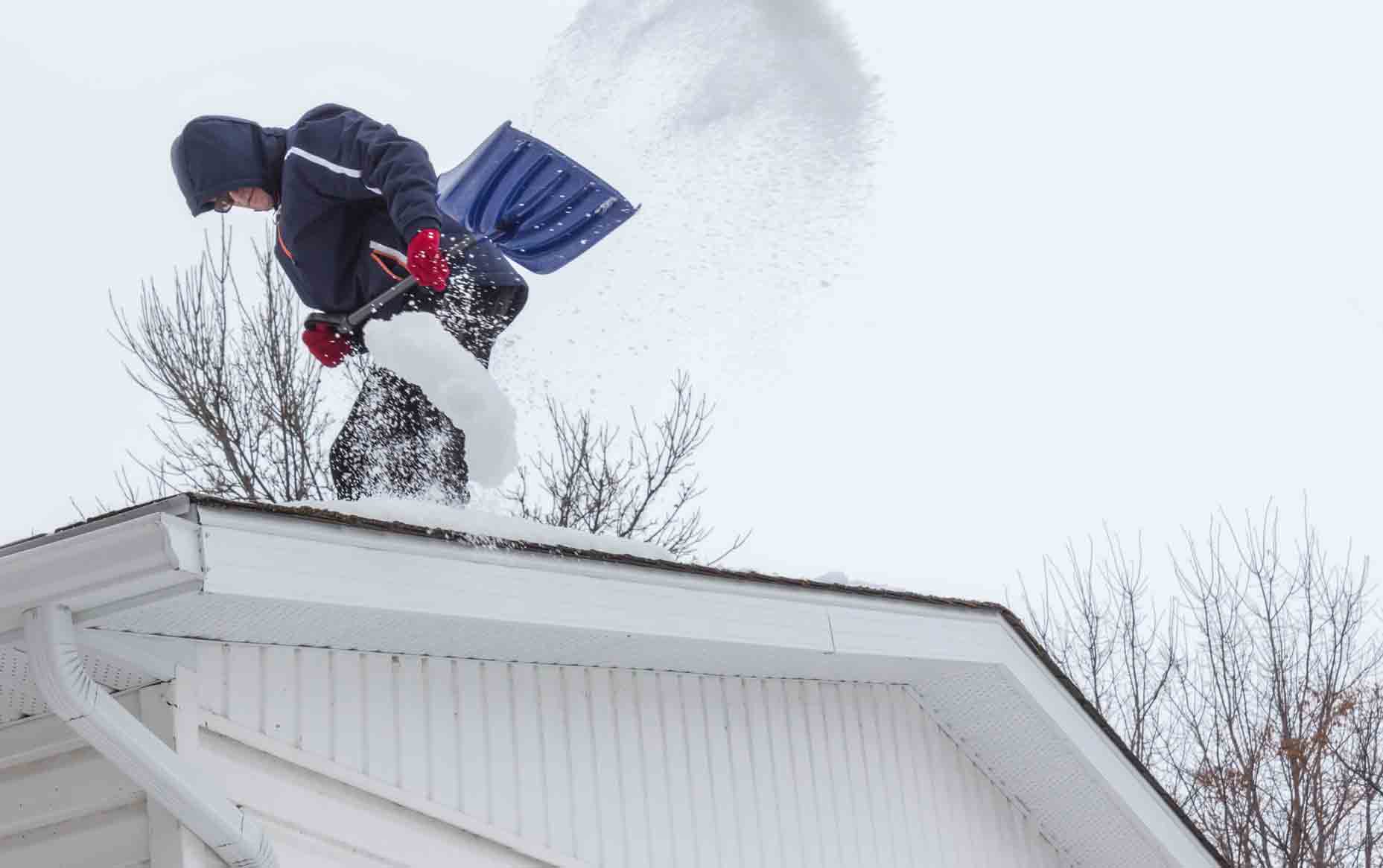
Insulation and Weatherproofing
Home Heating Components
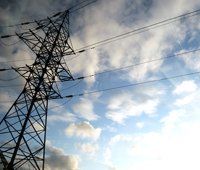
Low Amp Wiring
Frayed and Damaged Wiring
Aluminum Wiring
Outdated Wiring Methods and Improper Modifications
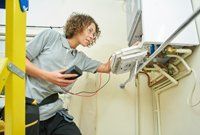
Keep the Outside Out
Turn It Off
Improve Your Appliances
Make Housekeeping Changes

1. Check your insulation
2. Avoid adding extra heat
3. Create shade
4. Turn your water heater down
5. Consider energy efficient appliances
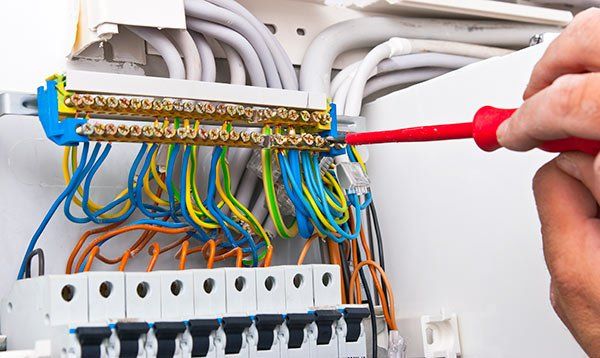
Poorly Designed Electrical System
Old Wires Behind Insulation
Flawed Breakers

